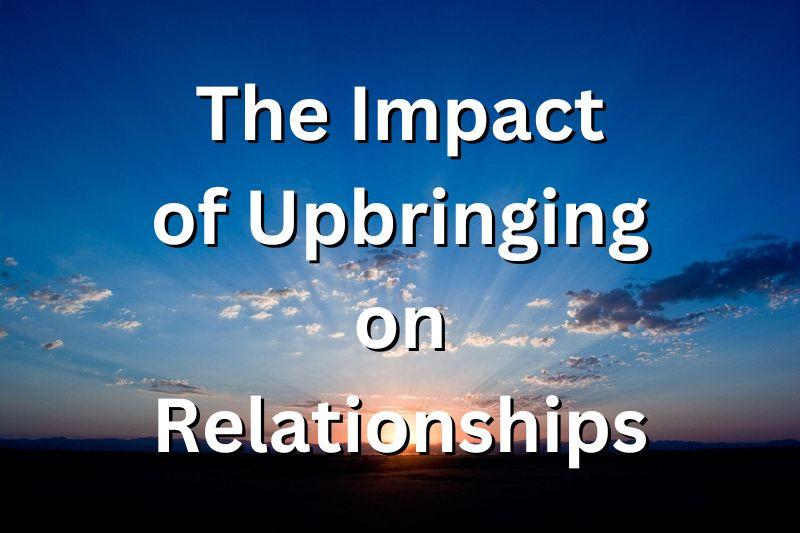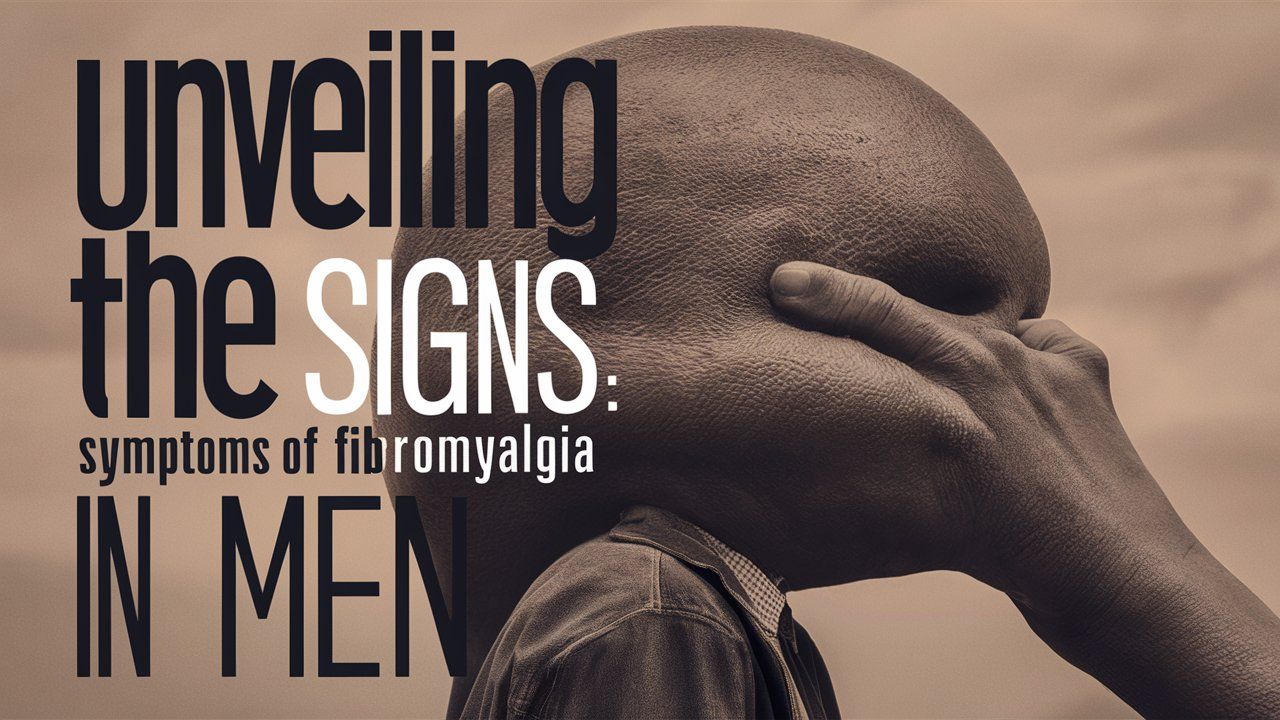 Unveiling the Hidden Effects
Unveiling the Hidden Effects
When entering into a romantic relationship, it is imperative to delve beyond surface appearances and discover the depth of a person’s upbringing. Many individuals have not experienced a childhood rooted in love but rather in survival. Consequently, this upbringing can hinder their ability to love and inflict unintentional harm upon others. Understanding this crucial aspect can help foster empathy and compassion in our relationships.
When embarking on a romantic journey with someone, it is essential to explore their upbringing and the impact it has had on their ability to love. The scars of survival can manifest in unexpected ways. Share on X The Influence of Childhood
The Influence of Childhood
It is a lamentable truth that numerous individuals, despite their outward attractiveness, carry deep emotional scars from their past. Childhood experiences shape our perception of the world and our ability to form healthy relationships. Those who have been raised in survival mode may struggle to fully embrace and express love. This can lead to misunderstandings, emotional turbulence, and even unintentional harm to their partners.
Childhood experiences, whether filled with love or hardship, leave indelible imprints on our emotional landscape. Ignoring the impact of upbringing blinds us to the complexities that shape individuals’ ability to give and receive love. Share on XUnveiling Hidden Wounds
The true extent of someone’s emotional damage may remain concealed until we embark on a journey to love them. Their past profoundly influences how they perceive and navigate life’s complexities. Past trauma and neglect can manifest as insecurity, fear of vulnerability, or an inability to trust others. It is crucial to recognize that these wounds are not easily visible, and patience is necessary when attempting to understand and support our partners.
Many individuals have not experienced a childhood rooted in love but rather in survival. Consequently, this upbringing can hinder their ability to love and inflict unintentional harm upon others Share on X The Fallacy of a Tabula Rasa
The Fallacy of a Tabula Rasa
To believe that a person’s past has no bearing on their present is a fallacy that overlooks the intricate nuances of human development. Childhood experiences, whether filled with love or hardship, leave indelible imprints on our emotional landscape. Ignoring the impact of upbringing blinds us to the complexities that shape individuals’ ability to give and receive love.
Building Empathy and Understanding
Acknowledging the influence of upbringing allows us to approach relationships with empathy and understanding. Rather than hastily judging or blaming, we can offer patience, support, and encouragement. By recognizing the challenges faced by our partners, we foster an environment where healing and personal growth can take place.
Many individuals have not experienced a childhood rooted in love but rather in survival. Consequently, this upbringing can hinder their ability to love and inflict unintentional harm upon others. Share on XConclusion
When embarking on a romantic journey with someone, it is essential to explore their upbringing and the impact it has had on their ability to love. The scars of survival can manifest in unexpected ways, affecting relationships and causing unintentional harm. Understanding this truth enables us to approach our partners with empathy, patience, and compassion. By embracing the complexities of our loved ones’ pasts, we can create a nurturing environment where healing and love can flourish.
Remember, the path to genuine connection lies in our willingness to unveil and address the hidden wounds of our partners.



